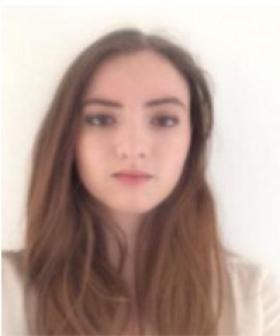Tiéphaine Thomason, tmt29@cam.ac.uk
France/United Kingdom
History, Murray Edwards College
PhD thesis title: Oral Culture in the Francophone Atlantic, c.1670 – 1763
Research interests:
1. Seventeenth- and eighteenth-century Atlantic History
2. Histories of language and song, with a particular emphasis on spoken language
3. Linguistic exchanges and popular culture in urban and maritime spaces
4. The impact of orality and performance on the formation of early modern collective memories
My PhD focuses on the spread of spoken French across four ports in the eighteenth-century Francophone Atlantic. More specifically, it examines how individuals of varied literacy and from different social and linguistic backgrounds engaged with the French language. I'm interested in questions of bilingualism, language attrition, and the creolisation of languages. This is both among settlers and individuals forced to learn the language in a colonial setting - whether through a commercial impetus or, more critical to an Atlantic context, through enslavement. My aim is to consider these questions by examining whether there was a shared francophone 'spoken' corpus of satire, songs, proverbs, and folktales across various port communities, as well as consider the ramifications such corpus (if it can be identified) on how we understand Atlantic popular culture.
Who or what inspired you to pursue your research interests?
I was inspired to pursue my research interests by questions on the affinity often posited between modern French speakers across the world by Francophone organisations and initiatives, such as the 'francophonie'. Many of these initiatives are encouraged by the French government. An examination of the spread of the French language in a colonial context, in the infancy of the First French Empire, seems to me to offer the best opportunity to re-evaluate this suggested affinity. A focus on orality and speech embraces the highly mixed literacy of communities in a seventeenth- and eighteenth-century Atlantic context. My PhD is supervised by Professor Renaud Morieux.

